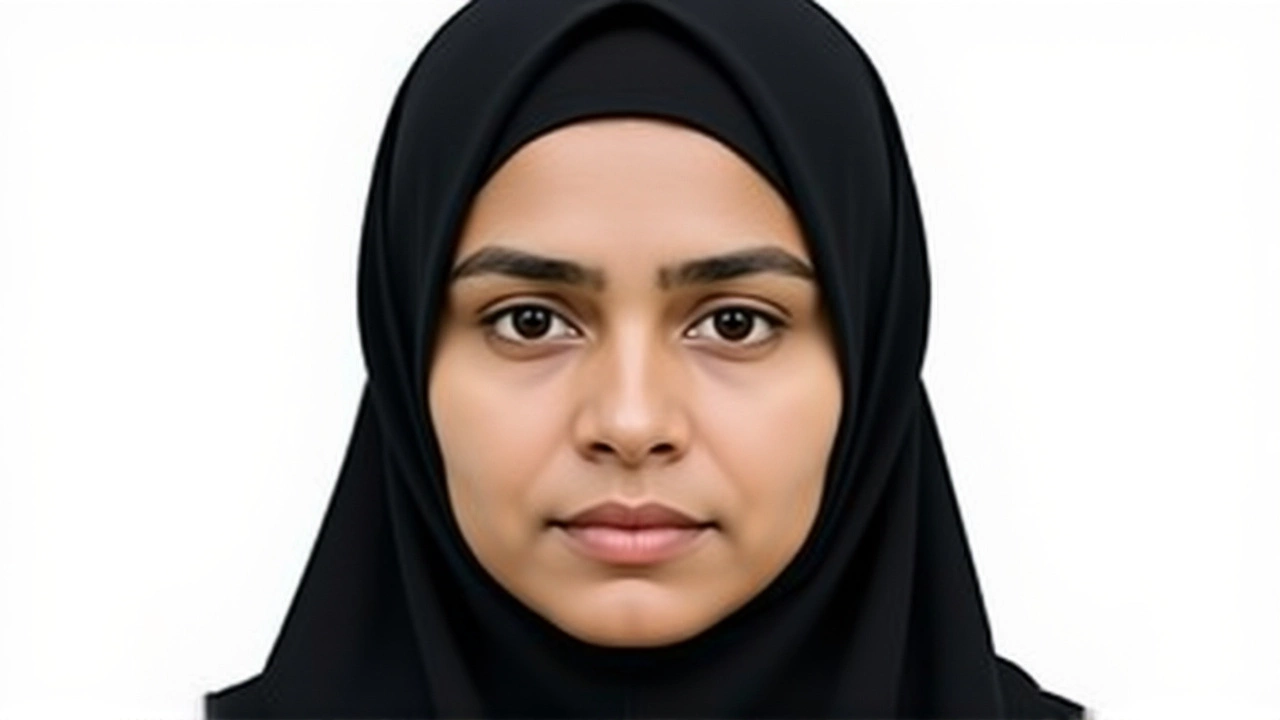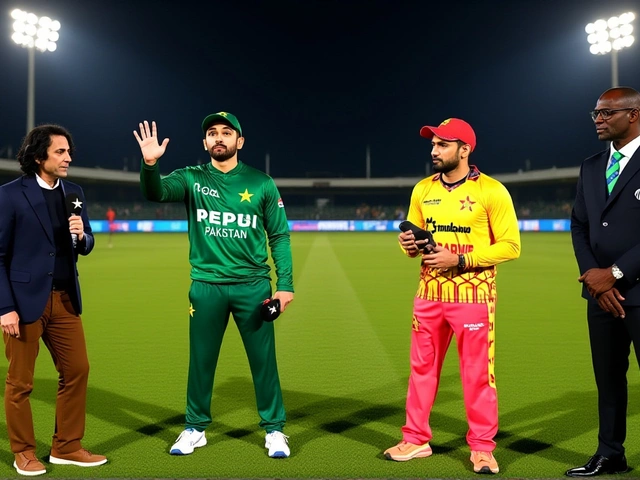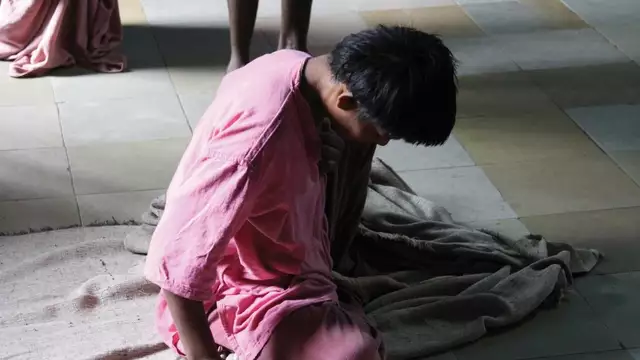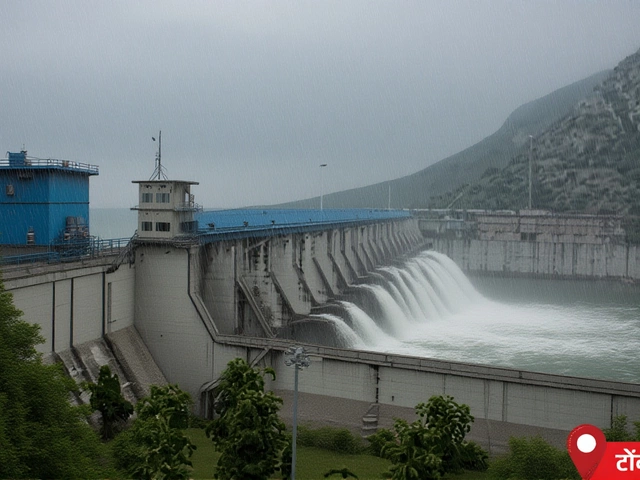When Rukhsana, a 28‑year‑old from Sunari village in Nuh district, Haryana, secured third place in the West Bengal Public Service Commission (WBPSC) Judicial Examination, the entire region erupted in celebration.
His father, Mohammad Ilyas, a retired manager of Sarva Haryana Gramin Bank, said the achievement felt like “a dream finally waking up.”
The West Bengal Judicial Services ExaminationKolkata, West Bengal had its written phase from 2 May to 12 May 2023, with the interview round on 22 April 2023; results were declared on 14 May 2024.
Early Life and Education
Rukhsana grew up in a modest household. She attended Model School in Tawadu for her primary and secondary studies, completing the 10th grade there. After finishing 12th grade at Aligarh Muslim University, she moved to New Delhi to pursue a Bachelor of Laws (LLB) and a Master of Laws (LLM) at Jamia Millia Islamia. Those degrees laid the legal foundation that would later help her tackle the grueling exam questions.
Road Through Multiple Judicial Exams
Her journey wasn’t a straight line. In 2021 she cleared the written stage of the Haryana Judicial Services exam, and in 2022 she did the same for Uttar Pradesh. However, both interviews proved to be stumbling blocks – the Haryana interview leaned heavily on theory, while the Uttar Pradesh panel emphasized courtroom etiquette.
Undeterred, Rukhsana enrolled in a crash‑course at Pahuja Law Academy, focusing on problem‑based questions. When the West Bengal written test arrived on 24 March 2023, her preparation paid off; she ranked among the top candidates and earned an interview invitation. The interview, conducted on 22 April, asked her to navigate scenarios such as mandatory FIR registration and the gender‑ratio challenges of Haryana – topics she handled with confidence, clinching the third overall rank.
Family and Community Response
News of the result traveled fast. By evening, a line of well‑wishers snaked around the family’s modest home in Sunari, each person eager to shake her hand and offer congratulations. “We have never seen anything like this in our village,” said a neighbor, her voice trembling with excitement. Mohammad Ilyas, visibly moved, recounted how his daughter once refused an early marriage proposal after her 12th grade – a decision that now feels like a catalyst for change.
Significance for Women in Mewat
Mewat, the informal name for Nuh district, has long been labeled one of Haryana’s most backward regions, with low female literacy and limited professional opportunities. Rukhsana’s ascent to a top judicial rank shatters a stereotype that young women from the area can only pursue domestic roles. Local NGOs have already reported a surge in girls enrolling in law colleges, citing her story as inspiration.
Experts echo that sentiment. Dr. Meena Kumar, a gender‑studies professor at Maharshi Dayanand University, observed, “When a girl from a place like Sunari beats the odds, it sends a powerful message to families that education and ambition are viable pathways.”
Future Prospects
With the WBPSC’s nomination, Rukhsana is now slated to join the bench as a judicial magistrate in West Bengal. The posting will place her in a district court where she will adjudicate civil and criminal matters, a role that not only fulfills her personal ambition but also puts a woman from Mewat at the heart of India’s justice system.
Key Facts
- Exam: West Bengal Judicial Services Examination (written 24 Mar 2023, interview 22 Apr 2023)
- Result announced: 14 May 2024 by WBPSC
- Rank achieved: 3rd overall, qualifying for the position of judicial magistrate
- Education: LLB & LLM from Jamia Millia Islamia; intermediate from Aligarh Muslim University
- Family: Daughter of retired Sarva Haryana Gramin Bank manager Mohammad Ilyas
Frequently Asked Questions
How does Rukhsana’s achievement affect girls in Nuh district?
Her success has already spurred a noticeable rise in applications to law colleges from the district. Local NGOs report a 27 % increase in enrolments for legal studies, and families are more willing to support higher education for daughters, seeing a tangible role model in Rukhsana.
What were the main challenges Rukhsana faced during the West Bengal interview?
The panel focused on practical problem‑solving, asking her to dissect scenarios like mandatory FIR registration and the gender‑ratio imbalance in Haryana. Unlike theory‑heavy interviews she’d encountered before, this required quick legal reasoning and an ability to apply statutes to real‑world dilemmas.
What does the rank of 3rd in the WBPSC exam signify?
The WBPSC selects a limited number of candidates for judicial posts each year. Securing third place means Rukhsana is among the top tier of candidates nationwide, guaranteeing her appointment as a judicial magistrate and placing her ahead of thousands of hopefuls.
Will Rukhsana continue to serve in West Bengal or return to Haryana?
The WBPSC posting assigns her to a district court in West Bengal for an initial term of three years. While many judges later seek transfers, Rukhsana has expressed interest in using her experience to mentor aspiring lawyers back in her home region.
What broader impact could this have on the Indian judicial recruitment process?
Rukhsana’s story showcases the merit‑based nature of state public service commissions. It may encourage other commissions to adopt more problem‑oriented interview formats, widening the pool of candidates who excel in practical legal analysis rather than rote theory.





